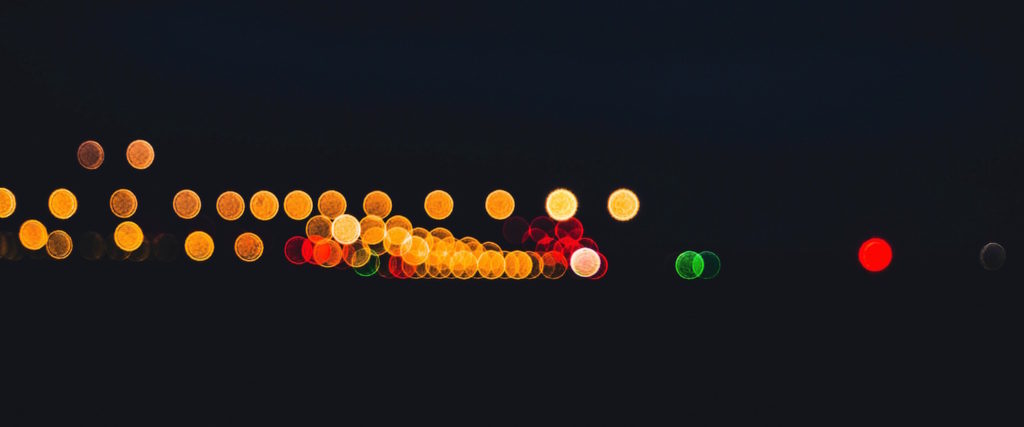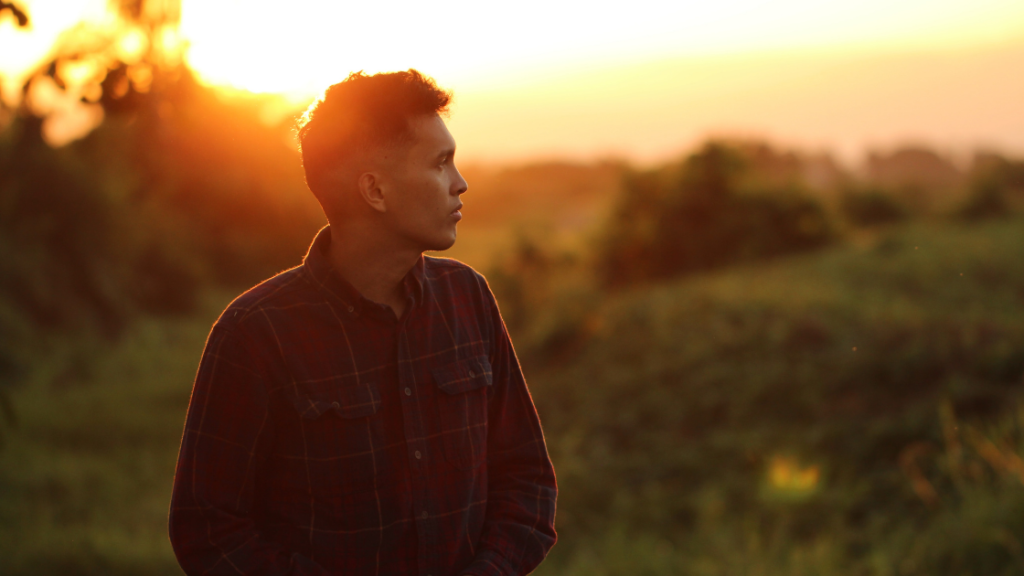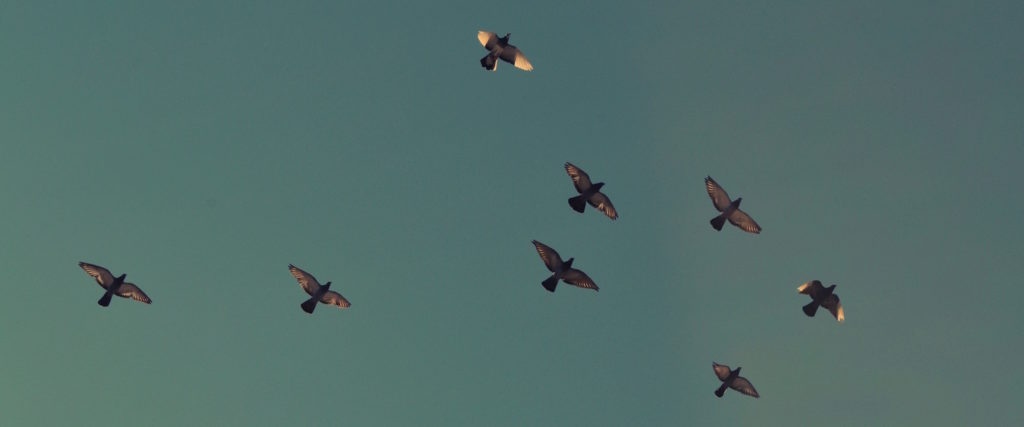The final month of 2021 has arrived and the rush to year’s end is gathering pace. It is a time of heightened demands on our time this month as we attempt to finalise projects and tasks to ensure we start the new year with a clean slate, as we make arrangements for the festive season or attend festivities to mark having made it through a tough year. And this is before we get to Christmas day (if you celebrate this event) or New Year’s Eve!!
For some, this festive holiday season can generate a range of emotions or trigger levels of mental distress arising from shared family histories or non-existent celebrations or gatherings. It can be an unsafe occasion, a time of amplified anxiety, depression, sadness, or loneliness.
Here’s a few tips to keep you safe and help you navigate the demands and challenges of this busy month.
Pace yourself
As we move towards the holiday season, friends and colleagues are keen to catch up before year’s end, employees are pushing to have projects finalised, family members are eager to confirm plans for events, and parties abound. The list goes on. The pace in December can be relentless – if you let it.
Remember you have a choice in how much you take on this month. Conserving your energy is important and you don’t have to cram everything in as there is another year awaiting beyond December 30. Pace yourself and decide which activities truly need your immediate attention, and those that can be moved forward into 2022.
Celebrate with care
The festive season can be a time of overindulgence – too much food, excess alcohol, late nights and little sleep, work Christmas parties, family get togethers, new year’s revelries, and many social gatherings. For some of us who have not long emerged from lockdown, the temptation to go overboard and frenetically socialise is great.
However, all this socialising can have an impact on your physical and mental health if taken too far. The human body has a great capacity to rejuvenate and bounce back. Yet sometime we can ignore the signs of overload at our own peril. Celebrate with care and consider that your body can be overburdened by too much of a good time.
Practice kindness and be patience
Given the increased demands placed on us it is easy to become impatient and irritable, causing us to act in ways that are less than ideal towards others. We’ve all snapped at family gathering as our buttons have been pushed, often by the very people who installed them. Or at sales assistants who are doing their best to help us select festive gifts. It’s not a great look and usually leaves you feeling like a bit of a fool.
Keep in mind that you are not the only one feeling overwhelmed. We are all juggling opposing stresses. Contemplate the power of patience as it provides an opportunity to slow down a little. Count to ten if that helps – over and over if necessary. Bear in mind that kindness trumps irritability every time.
And don’t forget to check in on your friends and those who find this a particularly vulnerable season.
Bring joy
A question to ask yourself is how you can bring joy to the festive season. The COVID pandemic, and the restrictions implemented to keep us safe, have wearied us all. The connecting thread that has provided the most comfort in amongst all this has been our social networks. Reduced time with our friends, family, work colleagues, and partners has brought a heightened appreciation for their role in our lives. We have much to be grateful for and many people, including our health and essential workers, to thank.
Being around a grump or those who are downbeat is no fun at the best of times. And this year it is particularly undesirable. Think about how you can be joyful and show your love to those around you, how you can enhance their lives as we celebrate having made it to the end of 2021.
Take time for yourself
Amongst all this activity it is important to make time for yourself. We’ve all been called upon to exercise atypical flexibility as we’ve navigated our rapidly changing world. Use the festive season as an opportunity to slow down once the major festive celebrations and family commitments are over. Set aside moments to kick back and relax, to draw breath and reflect on what you have learnt over the year that was, and to dream a little about the year to come.
Me – I’ve got my reading pile in place and plan to settle in for stints with my head buried in a book, because as many of you know I’m a big reader and books are my thing (some would say my addiction, but I beg to differ!!). So let me share some of my favourite novels for 2021:
Still Life by Sarah Winman
Hamnet by Maggie O’Farrell
Oh William! by Elizabeth Strout
Whereabouts by Jhumpa Lahiri
Klara and the Sun by Kazuo Ishiguro
Enjoy and let me know your top reads for 2021. Always happy to hear a good book recommendation. And finally, thanks to my wonderful colleagues Reed and Polly, and to those of you I’ve had the privilege to work with in 2021.
To you all – have a safe and wonderful festive season and a very happy new year.
*****
This article first appeared on the Mannaz Journal site.
*****



